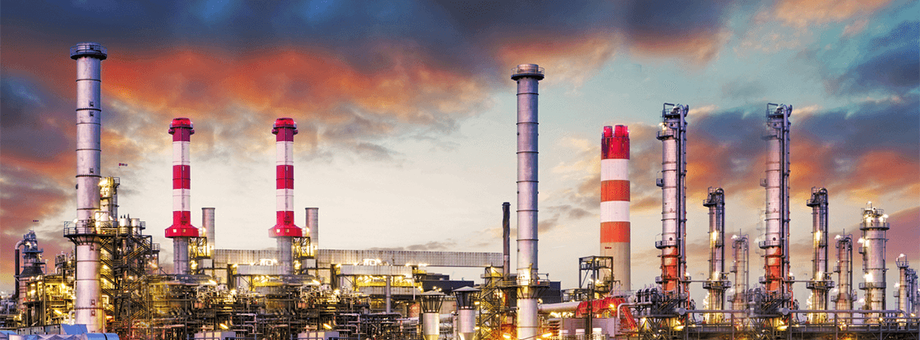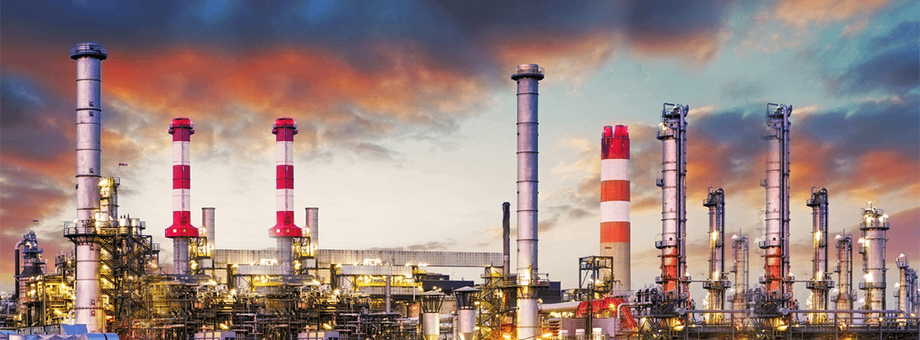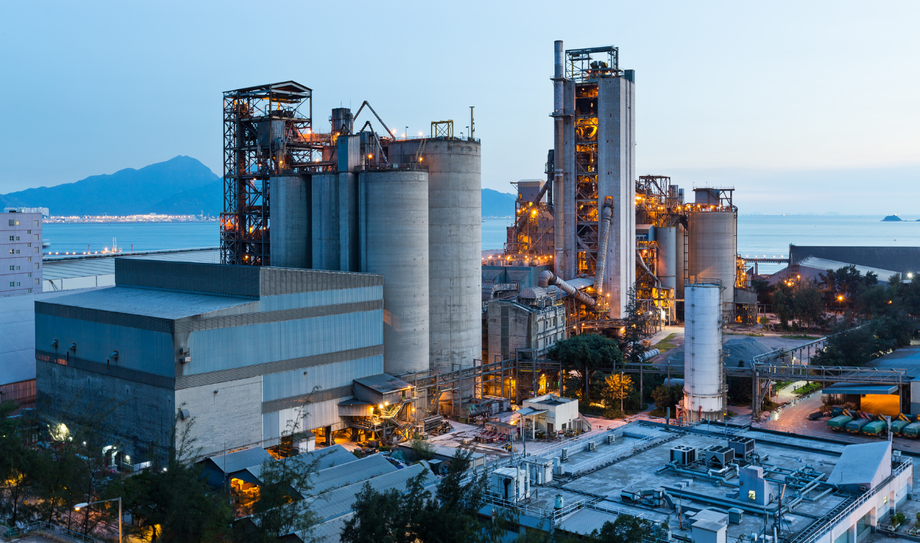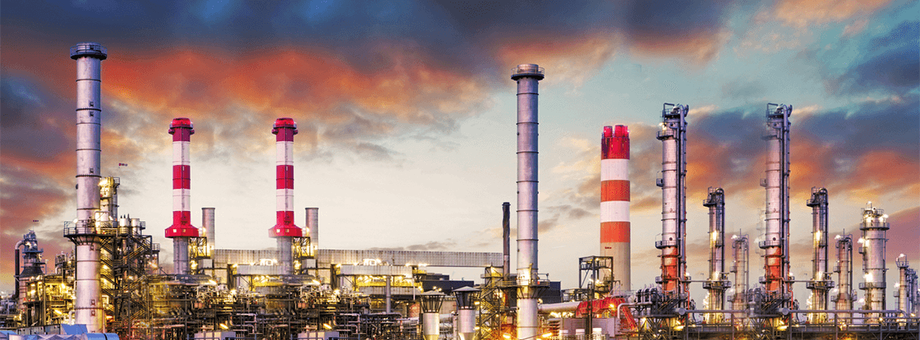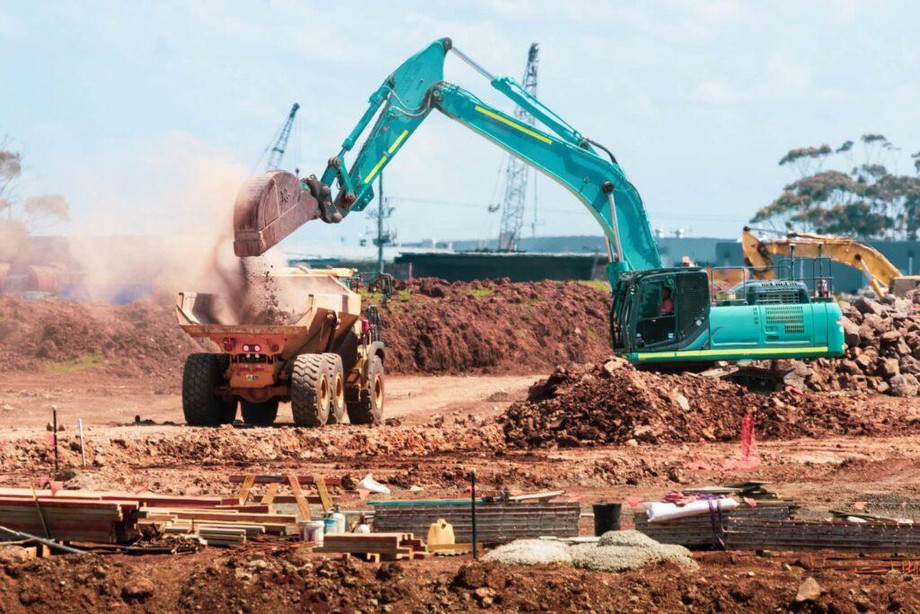Machinery and Equipment Valuation is a critical process for businesses, industries, and financial institutions. It involves determining the fair market value of machinery, tools, and other equipment used in production or operations. Whether for insurance purposes, sale transactions, mergers, or financial reporting, accurately valuing machinery and equipment is essential for ensuring financial accuracy and compliance with regulations.
Why is Machinery and Equipment Valuation Important?
Proper machinery and equipment valuation helps businesses make informed decisions regarding asset management, investment planning, and disposal. Without an accurate valuation, companies may face challenges such as underinsurance, incorrect financial reporting, or losses during the sale of assets.
Valuation also plays a significant role during mergers and acquisitions. In these situations, both the buyer and seller need to understand the value of the equipment involved to negotiate the best deal. Additionally, valuing machinery and equipment can assist in securing loans or financing, as lenders often require a detailed report of a company's assets to assess their lending risk.
Key Factors in Machinery and Equipment Valuation
Several factors impact the process of valuing machinery and equipment, including:
- Age and Condition: Equipment that is well-maintained and in good condition will have a higher value compared to older, worn-out machinery.
- Market Demand: The demand for specific types of equipment in the market also influences their value. If there is high demand for a particular machine, its value will increase.
- Replacement Cost: The cost of replacing the machinery with a similar model or newer technology can affect its valuation.
- Economic Environment: The current economic climate can influence the resale value of equipment, especially in industries where technological advancements or market fluctuations are common.
Methods of Valuation
There are several approaches to machinery and equipment valuation, including:
- Market Approach: This method looks at the sale prices of similar equipment in the market.
- Cost Approach: This method determines the value based on the cost to replace the equipment, accounting for depreciation.
- Income Approach: This method considers the income-generating potential of the machinery.
Conclusion
Understanding the process of machinery and equipment valuation is essential for businesses seeking to maximize their assets' value. By considering factors like age, market demand, and replacement costs, companies can ensure they have an accurate assessment when valuing machinery and equipment for any purpose.

